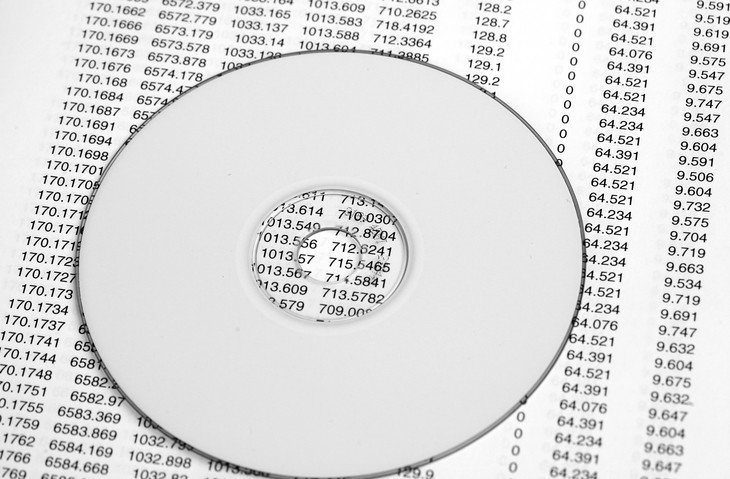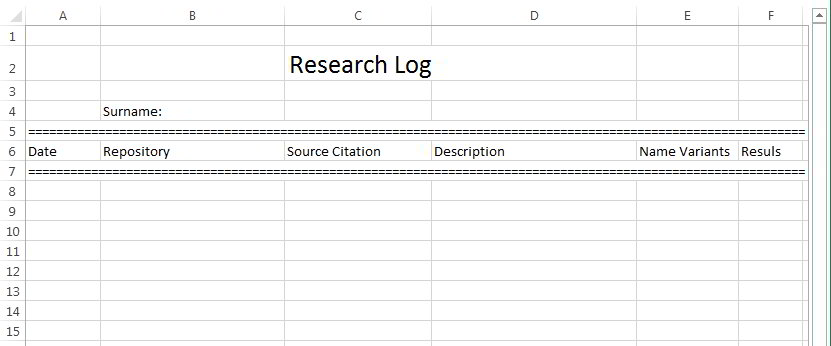Benefits of Keeping a Research Journal

Why do I need a genealogy research log?
A genealogy research log is an important tool for doing family research. Those new to genealogy may wonder why you would want to go to all that effort. In reality, the log enforces a kind of discipline that pays big dividends in the long run.
I have trouble
remembering what I had for dinner two nights ago, much less what I was
researching last month. The genealogy research log serves as your
memory of what has been done up to that point. With a quick 10 minute
review of your log, you are ready to make forward progress.
I don’t know about you, but I do my genealogy research in small bursts whenever I get free time. I might have to put it down for weeks at a time. Therefore, it is critical for me to keep my research efforts organized and documented in a research log. Researchers are finding out that multitasking is counterproductive to your overall work performance. You are really just context switching rapidly between tasks, which is very disruptive and inefficient. The same goes for your research. The quicker you can transition back into forward progress, the better.
The most obvious benefit to keeping a journal is that it keeps you from overlapping your research efforts with work you have already done. It is important to keep track of both failed efforts as well as successful ones. Duplicating any effort is a waste of time, but duplicating a failure is even worse.
A research journal doesn’t have to be fancy, but needs to be effective for the way you like to work. You may prefer handwritten notes in a paper notebook or feel more comfortable using a spreadsheet or word processor document. The more tech savvy may consider using an application like OneNote or even use a note taking app on your smartphone.
The example below shows the basic elements of the spreadsheet version of a research log.
But feel free to deviate from this format to meet your own needs, but make sure to use a separate page for each person you are researching.
The most important thing to keep in mind going forward, is to make sure you use your research journal every time you do a research session. Maintaining this discipline is critical to its effectiveness.
You never know what information will be
useful in the future so, by documenting all your research efforts, you can make
sure nothing is lost or wasted. Even
though it may seem tedious and time consuming, the discipline imposed by
keeping a journal will help you keep your research on track.
Read related articles: Best Practice
Beginner
Guide
Genealogy Quick Start Guide for Beginners
Applying the Genealogy Proof Standard to your Research
Google Genealogy Research Toolbox
Find Records
Researching Ancestors through Military Records
Using the National Archives (NARA) for Genealogy Research
Using U.S. Census Records
Canadian Genealogy Research using the Internet
Tips
Genealogy Source Citations Made Easy
Listening to Genealogy Podcasts Made Easy

